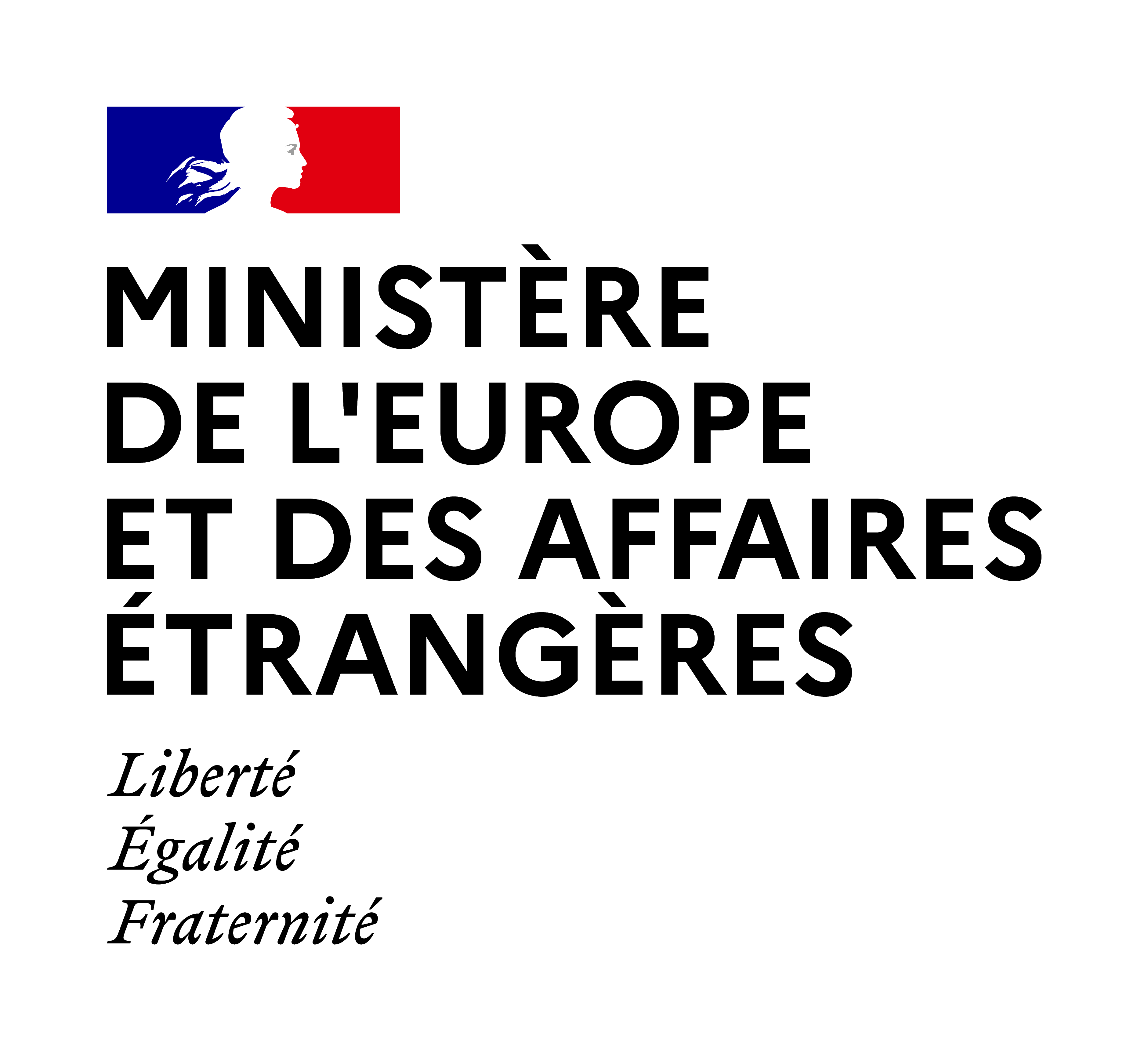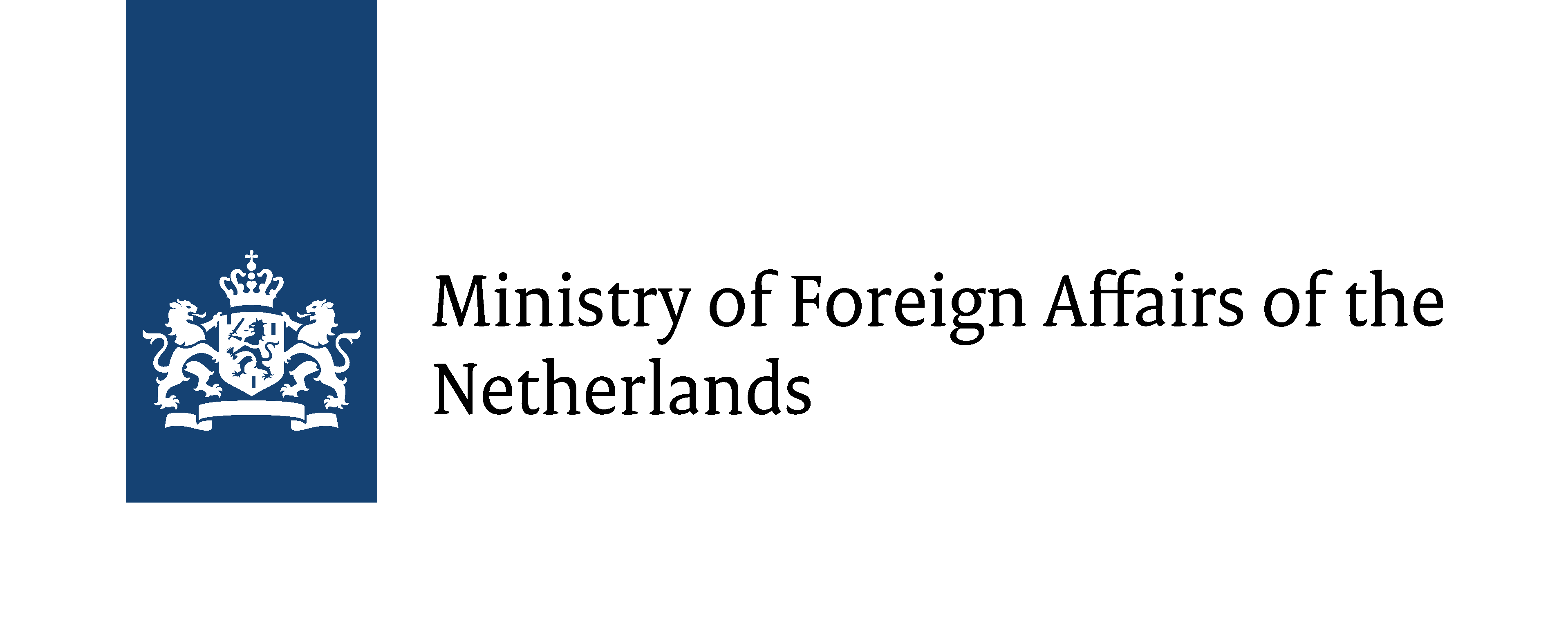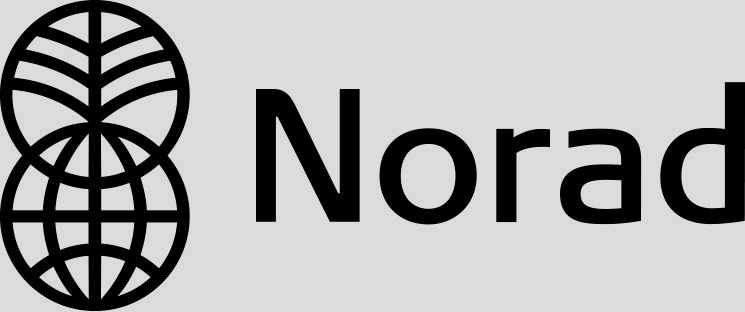Partner Organizations




Development Partners






This year’s Conference took the pulse of digitalization, which is proving to be a major force for change in the tax landscape. One key aspect is how and where to tax technology-related income—whether any special tax rules are needed or the broader tax system needs a more general update. On the administrative side, digital solutions have the potential to revolutionize how tax administrations enforce compliance and collect revenue though the application of artificial intelligence and other advanced technologies. Leading thinkers and practitioners from national governments, private sector, civil society, IMF, OECD and World Bank discussed how developing countries can best navigate this rapidly evolving field. There will be no live webcast for this event. The recording of the conference is now posted under the Session Recordings tab below.
The World Bank Group and International Monetary Fund hosted the Tax Sunday Conference on “Strengthening Tax Systems in a Digitalizing World” on Sunday, October 20, 2019 from 10 am to 3:15 pm at The World Bank Headquarters (J Building, 701 18th Street NW, Washington DC)
This conference is part of a series of Tax Sundays that takes places immediately after Annual and Spring Meetings with a focus on international tax issues for developing countries. Tax Sunday provides a platform for lively discussions on cutting-edge ideas and developments in international taxation.
This year’s Tax Sunday took the pulse of digitalization, which is proving to be a major force for change in the tax landscape. Leading policy makers and thinkers from governments, academia, civil society, business and the IMF and WBG discussed how developing countries can best navigate this rapidly evolving field.
The conference agenda focused on two major areas: 1) International tax reform and digitalization in developing economies – how and where the digitalizing economy should be taxed; and 2) The role of innovative technology in helping tax administrations enforce cross-border compliance and collect revenue.
The conference attracted an audience of 172 participants - including policy makers and tax administrators, civil society and business representatives, academics, and WBG and IMF Staff. Because the seating is limited, attendance was by invitation only.









